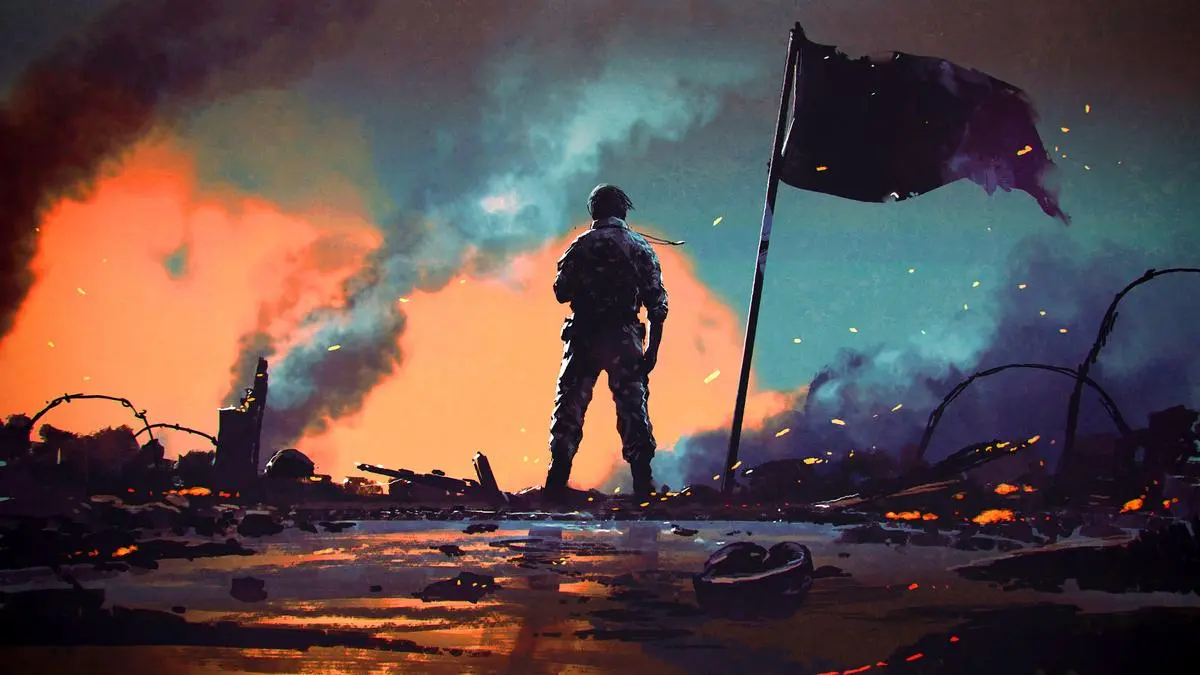by JINOY JOSE P.

“In societies where modern conditions of production prevail, all of life presents itself as an immense accumulation of spectacles. Everything that was directly lived has moved away into a representation.” — Guy Debord, 1967.
Dear reader,
I remember the first time I realised I was living inside a “spectacle”. It happened during a job interview in 2020, when a media founder leaned forward with alarming intensity and asked, “So, do you have a YouTube channel? Any televised events? What’s your Twitter follower count?” I blinked. The awkward silence stretched as I mentally tallied my embarrassingly modest social media presence. “I’m more of a silent observer than a content creator,” I said. The interviewer’s disappointment was palpable. “We are looking for someone with established digital influence,” he explained. “Our brand ambassador needs to be a brand themselves.”
I hadn’t applied to be a brand ambassador. I’d applied to be a journalist. Yet there I was, being evaluated not for my skills or experience, but for my failure to commodify my existence into digestible content. Failure to package oneself as a “performing” product can render one obsolete in a marketplace that values visibility over competence.
How did we get here?
In the 1950s, people started gathering around bulky television sets with rabbit-ear antennas, mesmerised by the flickering images that promised escape from ordinary life. Today, we carry those escape hatches in our pockets, compulsively checking them 205 times a day on average (according to a 2025 survey). And during these hours we click, comment, share, rate, and curate life.
We have moved from being passive consumers of spectacle through television to active producers and curators of our own spectacles through smartphones and social media. The lines between observer and performer have blurred beyond recognition. And this has consequences.
“The man of today is no longer able to understand his neighbour because his profession is his whole life, and the technical specialisation of this life has forced him to live in a closed universe,” wrote Jacques Ellul in The Technological Society. Quite ironically, Ellul wrote this in 1954 and not in the 2020s. How much more isolated have we become with our digital universes now personalised by algorithms designed to maximise our engagement rather than our understanding?
The algorithms don’t just suggest content; they tell us how to perceive reality. They don’t merely reflect our interests, they create them through feedback loops.
This too has consequences. Mainly on our “self”.
In the age of social media, everyone can pursue micro-celebrity status through scrupulously curated online personas. Our digital selves have become products to be marketed in the attention economy, where the currency is followers, likes, and engagement rates. We’ve moved beyond merely worshipping celebrities; we now apply celebrity logic to our own lives, viewing our experiences as content or “events” to be packaged and consumed rather than moments to be lived.
Frontline for more
